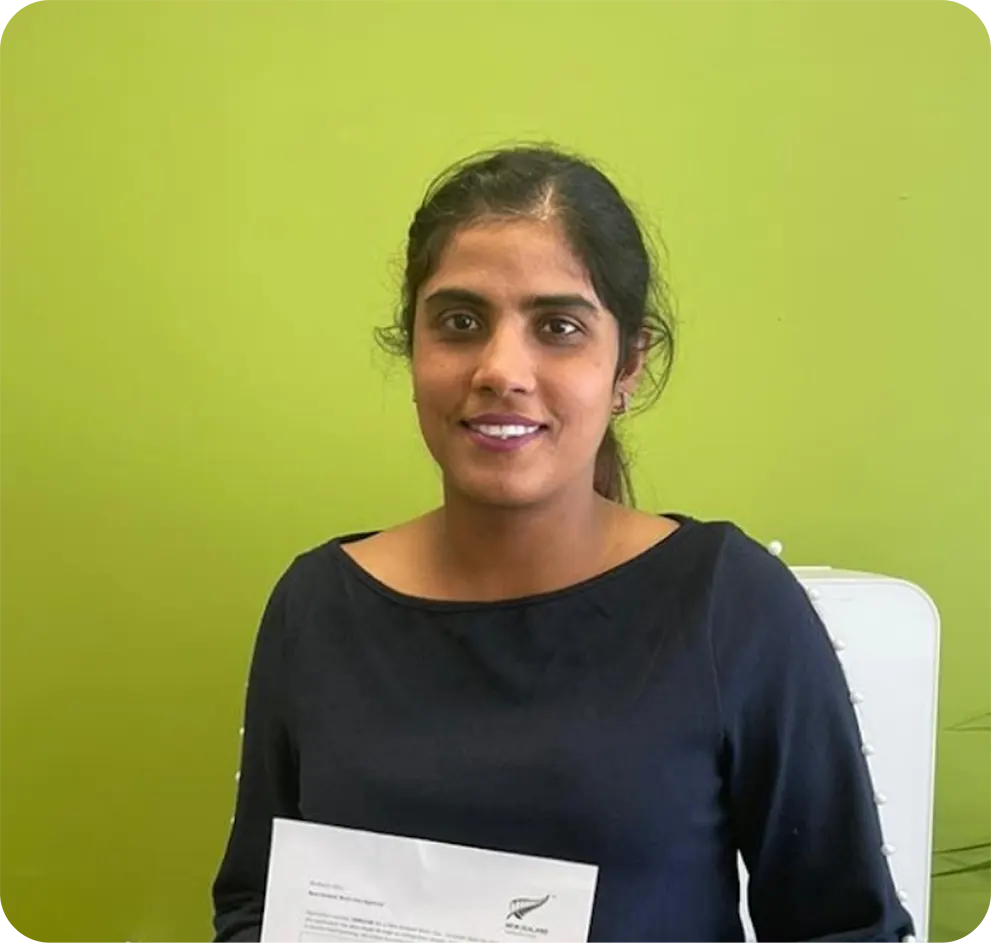Start your academic journey in New Zealand
You are a
Your Trusted Guide in NZ
Zero Consultation Fees
Complimentary Student Visa Processing
Assistance in Strategic Planning to Settle in NZ
Discover unparalleled education consulting services that put your dreams first. At ICL, we specialize in connecting ambitious students with top-notch educational opportunities in New Zealand— zero charges, just a path to affordable, quality education tailored to help you find a pathway to residency in New Zealand.

Undergraduate
New Zealand universities offer a diverse range of undergraduate courses that :
- Combine interactive learning with practical experience
- Tailored to meet global industry standards
- Fostering an educational environment that supports innovation and critical thinking among students

Postgraduate
Graduate courses at New Zealand Universities stand out because :
- Research-led teaching
- Many programs offer internships and consultancy projects directly linked to industry needs
- Designed to enhance professional skills and employability on a global scale

Certificate & Diploma
New Zealand universities provide a dynamic selection of certificate & diploma courses that :
- Certificate and diploma courses in New Zealand emphasize hands-on, industry-specific skills, ensuring graduates are job-ready with practical expertise
- These programs offer streamlined routes to either enter the workforce swiftly or progress to higher education
Our Education Partners
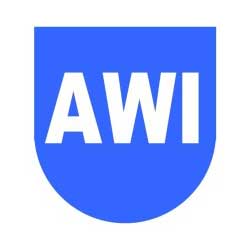

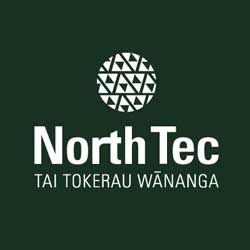
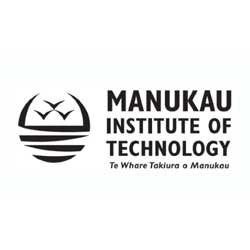
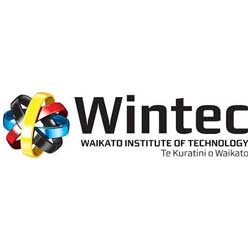
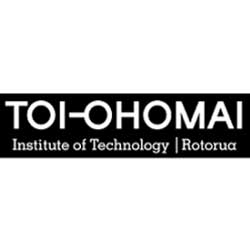
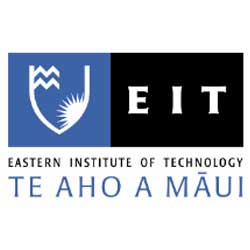
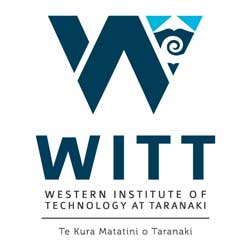
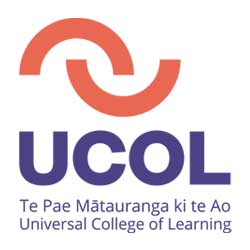
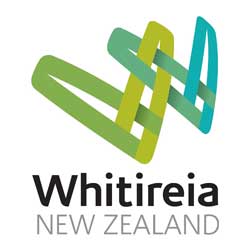

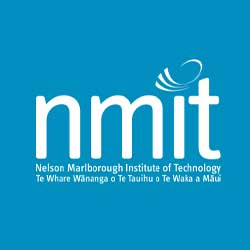
Why Study in New Zealand?

Excellent Quality Of Education
New Zealand's universities consistently rank in the top 3% globally, offering a diverse range of programs recognized worldwide for their excellence.

Multicultural Environment
Home to students from over 160 countries, New Zealand’s educational institutions celebrate cultural diversity, ensuring a welcoming and inclusive atmosphere.

Affordable Education and Living Costs
Living expenses and tuition fees are relatively lower in New Zealand as compared to other countries like the US, the UK and European countries.

Career and Immigration Prospects
New Zealand offers a Post-Study Work Visa for up to three years, allowing international graduates to gain valuable work experience. The country’s friendly immigration policies open pathways for career advancement and residency possibilities.
Our Services

International Education Partner
- Requirement Planning & Preparation
- Strategic University & Course Matchmaking
- Tailored Education Planning

Visa & Career Roadmapping
- Complimentary Student Visa Processing
- Complimentary Post-Study Work Visa Processing*
- Future Career & Residency Pathway Planning

Initial Settlement Services
- Personalized Settlement Support Services
- Accommodation Assistance
- Advice for Study to Work Transition
Why Choose ICL?
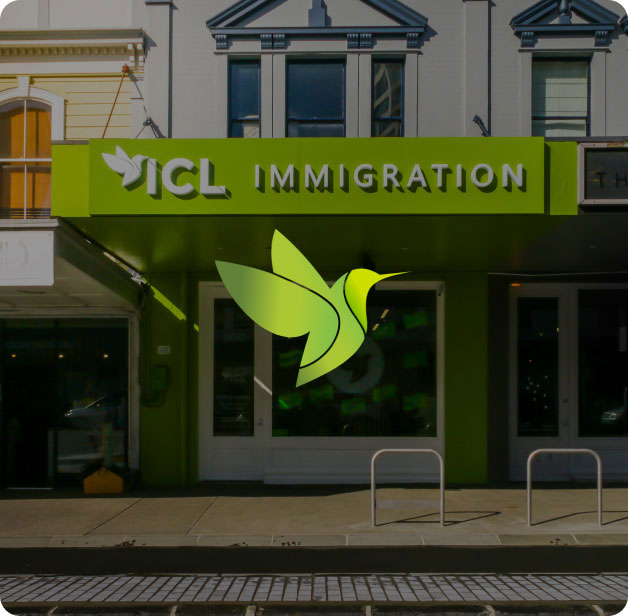
Two Decades Based in New Zealand:
We Harness On-ground Experience for Success
Guiding Your Journey:
From Course Selection to Comfortable Accommodation, We've Got You Covered
Empowering Your Future:
Seamless Support from Post-Study Work to Settlement Success
Academic Excellence Awaits:
30+ University Collaborations for Your Journey to Success
Our Process
STEP
1

Consultation and Selection
- Personal consultation to understand your goals
- Expert guidance for selecting ideal university and course
STEP
2

Admission and Visa
- Comprehensive management for your university application
- Precise navigation for the visa application process
STEP
3

Preparation and Departure
- Thoroughly prepare for your new life
- Ensure all necessary pre-departure arrangements
STEP
4

Settlement and Support
- On-the-ground assistance post-arrival in New Zealand
- Airport pick-up and help with cultural assimilation
Client Testimonials
FAQs
Students can choose from options like university hostels (around 15-20% of students opt for this), private hostels, homestays (popular for first-year students, about 25%), or private rentals (around 55% choose this). Costs vary, with university hostels averaging NZD 200-400 per week.
To open a bank account, students typically need a passport, proof of address in New Zealand, and a student ID. Most major banks have a process tailored for international students, and about 80% of students find it easy to set up an account.
Yes, about 60% of international students find part-time jobs in sectors like retail, hospitality, or on-campus roles, typically working 10-15 hours per week, which is within the legal limit for student visas.
Students are required to have medical and travel insurance throughout their stay. Annually, insurance costs range from NZD 200 to NZD 700, depending on coverage.
New Zealand ranks 2nd in the Global Peace Index (2022), making it one of the safest countries with low crime rates and a friendly environment.
Students can drive with a home country license or an International Driving Permit for up to a year. About 30% of international students choose to drive in New Zealand.
For a student visa, proof of enrolment, sufficient funds (approximately NZD 15,000 per year for living expenses), and a return ticket or funds for a return fare are required. About 95% of visa applications by genuine students are successful.
Students can explore Māori culture (with about 70% participating in cultural events), outdoor adventures, arts festivals, and diverse culinary scenes, contributing to a well-rounded educational experience.
Universities offer services like learning assistance and counseling, with about 10% of international students with disabilities availing of these services for a more inclusive educational environment.
Many courses (approximately 40%) offer internships or industry placements, providing practical experience and networking opportunities in fields like business, engineering, and IT.
New Zealand attracts over 117,000 international students annually due to its world-class education system, diverse culture, and beautiful landscapes. Its universities are globally ranked, with 8 of them featured in the QS World University Rankings.
Yes, a significant number of scholarships are available, with around 28% of international students receiving some form of financial aid, covering tuition fees, living expenses, or both.
Business, Engineering, IT, Nursing, and Environmental Science are popular, accounting for about 40% of international student enrollments, reflecting global industry demand.
Nursing programs are popular, with about 10% of international students enrolled in health-related courses. Bachelor and Master level courses include practical training aligned with industry standards.
The average tuition cost is NZD 20,000 to NZD 35,000 per year. Additionally, living expenses average around NZD 15,000 annually.
Many universities offer competitive tuition fees for Indian students, with approximately 20% of Indian students receiving scholarships or financial aid.
IELTS or equivalent is required by most universities, but about 15% of students are admitted with alternative qualifications or waivers.
Applications can be submitted directly or through education consultants. Approximately 75% of international students use the services of education consultants for application processes.
New Zealand is known for its safe, friendly, and multicultural environment. About 85% of international students report high satisfaction with their living and study experience in New Zealand.
Universities provide comprehensive support, including academic, language, and health services. Around 90% of international students utilize these services for a successful study experience.
Post-study work visas are available, with about 70% of graduates choosing to stay and work in New Zealand for at least two years post-completion.
Around 30% of courses offer study abroad or exchange programs with partner institutions globally, providing international exposure to students.
ICL does not charge students for admission services, aligning with the industry standard where about 80% of education consultants offer free admission services.
Course-related costs vary, averaging NZD 1,000 to NZD 2,000 per year, covering textbooks, equipment, and other materials.
Payment policies vary; approximately 40% of universities require semester payments, while 60% require annual payments.
English requirements vary; for instance, for undergraduate programs, about 90% of universities require a minimum IELTS score of 6.0.
Post-study work visas are available for international graduates, with about 70% of eligible graduates applying for one.
Options include scholarships, part-time work, or family support. Approximately 50% of students use part-time work to support their living costs.
Students can take NZCEL Level 4 or 5, with about 15% of students choosing this pathway to meet English requirements.
A Bachelor's Degree in Nursing.
ICL offers comprehensive visa services, assisting students in navigating the entire visa application process. This includes guidance on documentation, application submission, and compliance with New Zealand's immigration policies. Approximately 95% of our clients successfully obtain their student visas through our services.
ICL provides end-to-end support for students settling in New Zealand, which includes assistance with finding accommodation, opening a bank account, and understanding local transportation and healthcare systems. We ensure that about 90% of our students feel well-settled within their first month in New Zealand.
Yes, ICL assists graduates in applying for post-study work visas, offering guidance on eligibility, documentation, and application processes. We have a high success rate, with about 85% of our clients successfully obtaining their work visas after completing their studies.
ICL’s visa service stands out due to our personalized approach, deep understanding of New Zealand's immigration laws, and a commitment to staying updated with the latest policy changes. We have a high success rate of over 95% in visa approvals, thanks to our dedicated team of experienced professionals.
Yes, ICL offers a specialized paid service to help students find suitable accommodation in New Zealand, guiding them through various options and the rental process to ensure they find housing that meets their needs and budget.
Disclaimer: The information provided in this FAQ section is based on data available as of the current date and may be subject to change. Prospective students are encouraged to directly connect with ICL Support or consult official sources for the most up-to-date and specific information regarding studying in New Zealand.
Let’s Work Together
Have questions? Reach out to us and kickstart your journey to education in New Zealand




